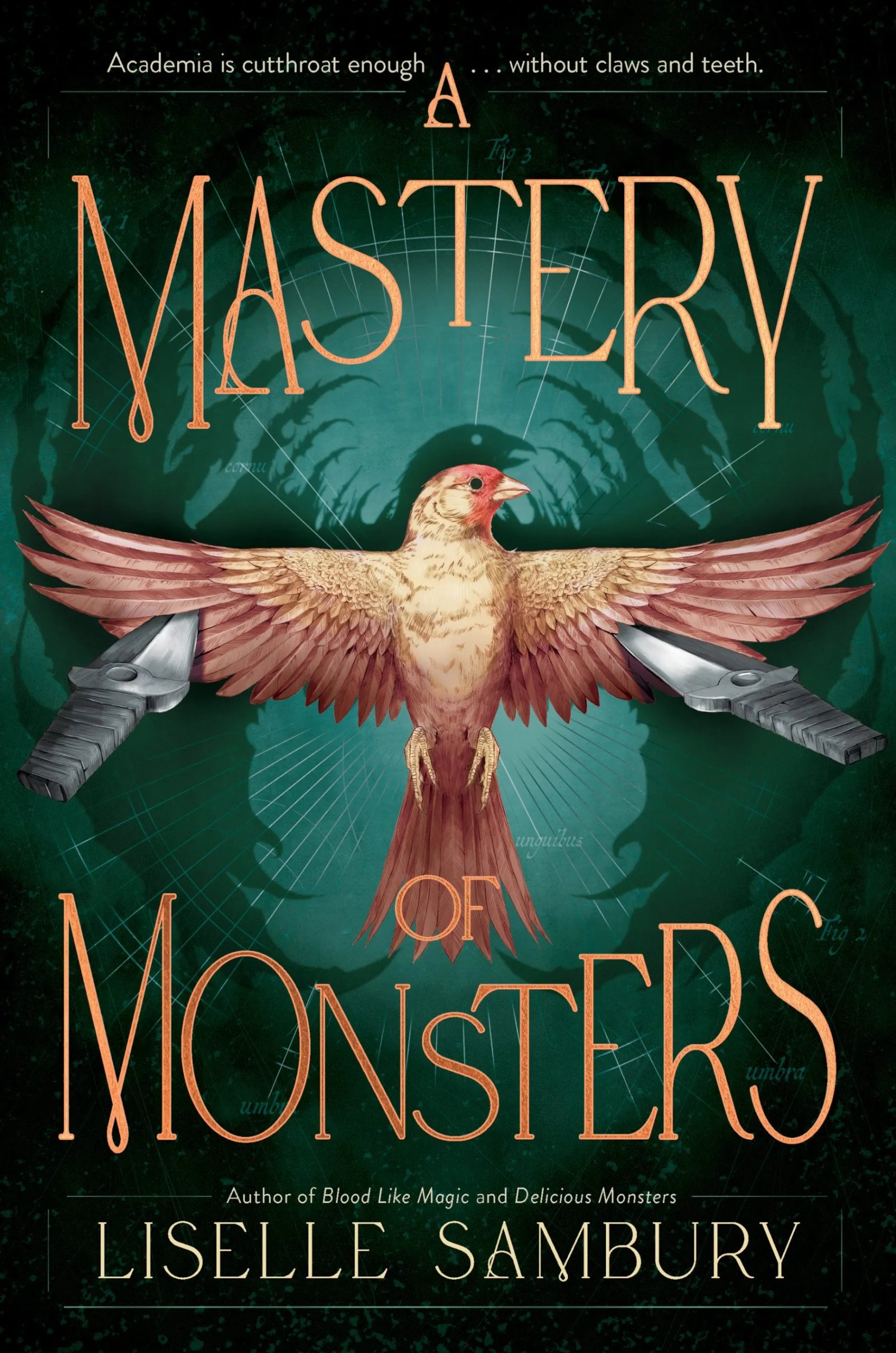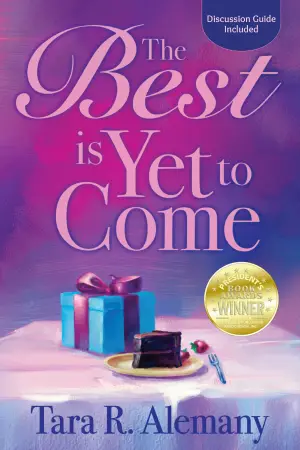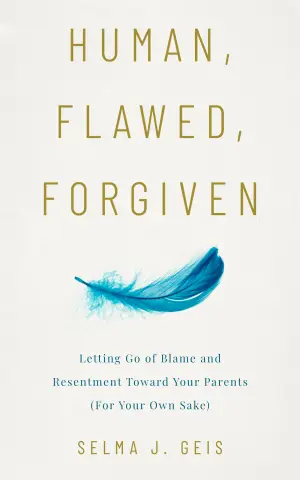A Mastery of Monsters: A Dance with Dark Academia and Identity
When I first picked up Liselle Sambury’s A Mastery of Monsters, I was immediately drawn in by the blend of dark academia and fantasy—a combination that promised not only a thrilling adventure but also a deeper exploration of identity and power. As an avid fantasy reader who revels in tales that challenge societal norms, I was eager to dive into the complex world Sambury has crafted. And wow, did it deliver.
At the heart of this enthralling novel is August Black, a fiercely independent protagonist whose journey to find her missing brother Jules intricately weaves themes of power, control, and identity. August embodies the sharp wit and emotional distance of someone who’s learned to navigate a world that often tries to box her in. I found myself rooting for her from the very first page as she infiltrates the shadowy Learners’ Society, uncovering the unnerving truth: monsters are not only real but are also a metaphor for the systems that seek to control us.
The partnership that blossoms between August and Virgil Hawthorne, a shapeshifter grappling with his own monstrous nature, is a highlight of the narrative. Their evolving relationship, filled with skepticism and vulnerability, grounds the story in genuine emotional depth. Sambury avoids the cliché of a simple romance, instead guiding us through a slow, thoughtful friendship that raises important questions about autonomy and loyalty. Their dynamic is a refreshing take on character relationships, one that is built on understanding rather than mere attraction.
Sambury’s world-building is impressively intricate, echoing the societal hierarchies we see in our own lives. The Learners’ Society serves as a microcosm of our real-world institutions—places that promise protection yet often demand submission. This nuanced portrayal of power dynamics invites readers to critically assess who holds authority and who is marginalized. I was particularly struck by the haunting idea that individuals, referred to as "monsters," must find human "Masters" or risk losing their humanity. It’s a potent metaphor for societal expectations and the ways in which we negotiate our identities within them.
The writing itself pulls you in with a cadence that balances introspection with clear, action-packed scenes. Sambury’s sharp dialogue captures each character’s essence beautifully, making their interactions feel authentic. I especially loved the intense competition scenes, like the maze challenge that tested both physical and emotional limits, forcing characters to confront their fears and desires.
However, while the novel excels in so many ways, some plot revelations felt a touch rushed toward the end, especially regarding the character of Bernie and the intricacies of the society’s conspiracy. A slow build could have enhanced the stakes and provided richer context for the shocking twists.
Ultimately, A Mastery of Monsters does what the best fantasy literature should do—it entertains while providing a critical lens on real-world issues. It’s a read that resonates deeply, particularly for those seeking a fantasy story that bites back against genre conventions. As someone who loves to see narratives reflect and interrogate societal structures, I appreciated every moment I spent in August’s world.
For those who revel in stories that blend the fantastical with the thought-provoking, this book will undoubtedly be a treat. If you find yourself intrigued by tales of mystery, identity, and the darker aspects of academic societies, A Mastery of Monsters is a must-read. Sambury has firmly established herself as a voice to watch in contemporary fantasy—one that I can’t wait to follow through future installments of this promising trilogy. Happy reading!
Discover more about A Mastery of Monsters (Mastery of Monsters Trilogy, #1) on GoodReads >>







